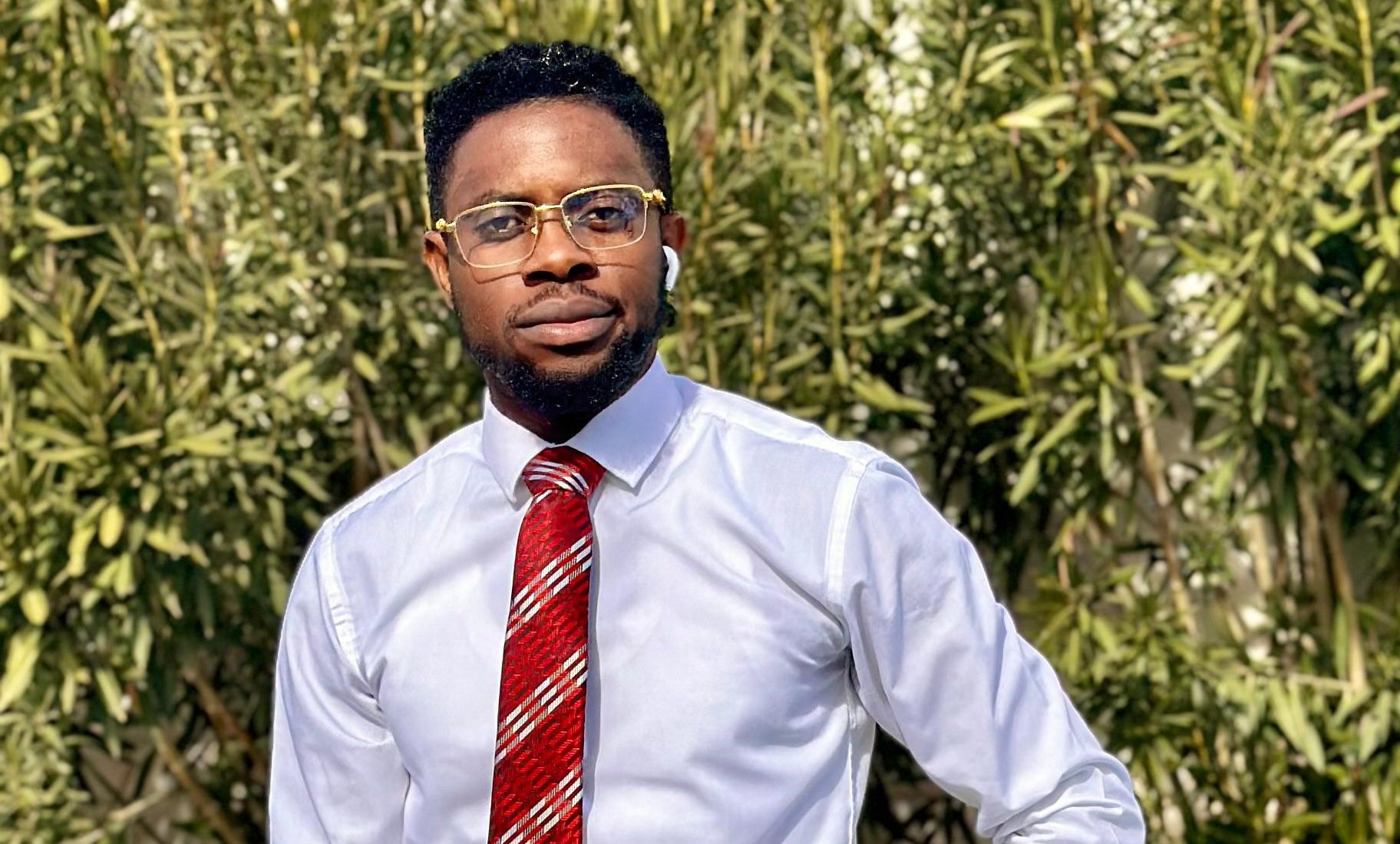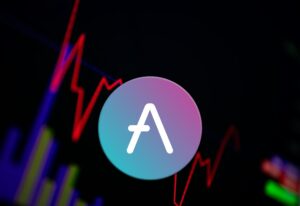How Decentralized Finance is Transforming Financial Inclusion in Nigeria

Transforming Financial Inclusion in Nigeria Through Decentralised Finance (DeFi)
The Promise of DeFi in Nigeria’s Economy
Agricultural economist Adedapo Alawode has highlighted the transformative potential of decentralised finance (DeFi) in enhancing financial inclusion across Nigeria. He asserts that DeFi can deliver accessible, transparent, and efficient financial services to those who are often overlooked, thereby narrowing the financial inclusion gap and fostering economic development in the country.
Challenges in Nigeria’s Informal Economy
In a recent statement to The Guardian, Alawode expressed concern over the informal economy, which constitutes about 57.7% of Nigeria’s GDP and employs nearly 80% of the workforce, yet remains largely disconnected from formal financial services. He believes that DeFi can effectively address this disconnect by offering essential financial services such as lending, borrowing, and insurance through the innovative use of blockchain technology.
Enhancing Access to Financial Services
Alawode pointed out that DeFi platforms can provide microloans, microinsurance, and digital savings options, which would significantly enhance financial stability and inclusion for workers in the informal sector. He emphasized that these platforms could modernize traditional savings practices like ajo, esusu, and adashe, thereby minimizing fraud and fostering trust among participants.
Facilitating International Transactions
Moreover, he noted that DeFi could streamline international transactions, making them faster and more cost-effective, which would ultimately increase the disposable income of households operating in the informal economy.
The Future of DeFi in Nigeria
Alawode remarked, “Decentralised Finance is emerging as a revolutionary technology globally and is gaining traction in developed nations. However, its potential impact on Nigeria’s informal financial sector, which is crucial to the economy, remains largely untapped. With DeFi lending platforms, small business owners in the informal sector can secure microloans without needing traditional collateral, relying instead on digital identity systems and blockchain-based credit assessments to evaluate risk. This reduces dependence on informal lenders who often impose exorbitant interest rates.”
Digitising Traditional Savings Models
He further explained that DeFi could digitize conventional savings methods such as ajo, esusu, and adashe through smart contracts. This automation would enhance transparency and integrity, diminish fraud, and build trust among members, ensuring timely and equitable access to funds.
A Vision for Financial Inclusion
“Decentralised Finance has the potential to revolutionize financial inclusion in Nigeria. In a society where the informal financial sector serves as the economic backbone for millions, embracing innovative financial solutions like DeFi is essential for improving lives and boosting national productivity. However, realizing these advantages requires a balanced approach that fosters innovation while safeguarding the most vulnerable populations,” Alawode concluded.







